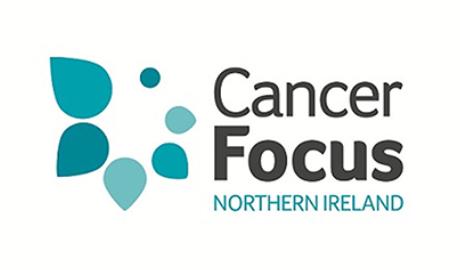Sunscreen - Which SPF?
CancerSPF stands for ‘sun protection factor’ – the sunscreen’s ability to filter out ultraviolet B radiation (UVB).
The higher the SPF number, the greater the protection. SPF 15 will block 93% of UV radiation, while a SPF 30+ will give you more protection, screening out 96% of UV radiation. Find out which SPF you should use.
UVA protection in sunscreen guards against skin ageing by filtering out ultraviolet A radiation (UVA).
In NI we measure UVA protection with the ‘star’ system. Sunscreens can have anywhere from 0 to 5 stars. Look for a star rating of 4 or more.
Sunscreens manufactured in accordance with the EU recommendation for UVA protection, will be labelled with a UVA logo, the letters ‘UVA’ printed in a circle.
Which sunscreen should I buy?
For a good level of protection, choose a broad-spectrum sunscreen that filters out both UVA and UVB radiation and has:
- SPF of at least 15
- UVA star rating of 4 or more
Price or branding are not automatic indicators of the quality of a sunscreen – the critical factor is that the sunscreen you purchase has an SPF of 15 or more and a UVA star rating of 4 or more.
Applying sunscreen
Apply your sunscreen generously at least 30 minutes before going outdoors. Most people apply too little resulting in 50-80% less protection than specified on the bottle.
Reapply every two hours or more frequently, especially if it is being rubbed off through swimming or exercise.
It’s important to remember that no sunscreen gives 100% protection against UV rays.
For more information on when and how to apply sunscreen view the NHS Choices video here. Useful information on sunscreen is also available from the British Association of Dermatologists’ Sunscreen Fact Sheet.
Once a day application – is once enough?
Some sunscreens claim to provide effective protection after just one application. But reapplying sunscreens regularly is very important because you are more likely to get even coverage and avoid missing bits.
Shelf life and storage
Most sunscreens have a shelf life of two to three years when stored correctly. Some may be labelled with an expiry date – check this before using. Some sunscreen products may be labelled with the open jar symbol, the letter M and a number which indicates how many months the product will last once it has been opened.
Sunscreens should be stored in a cool, dry place, away from direct sunlight and with the lids firmly closed. Sunscreens should not be exposed to repeated extreme changes in temperature, such as from refrigerator to car.
Products used extensively on a beach or left open for a length of time should generally be discarded after the holiday period.
How sunscreens work
Sunscreens usually contain ingredients which either:
- absorb or mop up UV radiation
- or reflect UV radiation away from the skin.
Like all medical and cosmetic products, sunscreens, their ingredients and sun protection claims are rigorously tested. They undergo a strictly controlled scientific assessment to ensure they are fit for purpose and safe to use.
Always buy your sunscreen from a reputable retail outlet and check it has at least SPF 15 and UVA protection of 4 star.
Sunscreen and Vitamin D
More research is needed on higher SPF sunscreens but recent scientific studies suggest that people who use SPF15 sunscreen daily can maintain their vitamin D levels.
Sunscreen and babies
There is no evidence that sunscreen is harmful to babies. A baby’s skin is, however, very sensitive and it’s preferable to use clothing, hats and shade to prevent over-exposure to UV radiation. Babies under six months should be kept out of direct sunlight.
If exposure to sunlight is unavoidable, use only small amounts of sunscreen on unprotected areas. Always use a sunscreen which has been specially formulated for babies with a high SPF 25 or greater and UVA 4 or 5 star. If your child’s skin has an adverse reaction to the sunscreen, stop using immediately. Find out more about how to protect your children’s skin.



































































